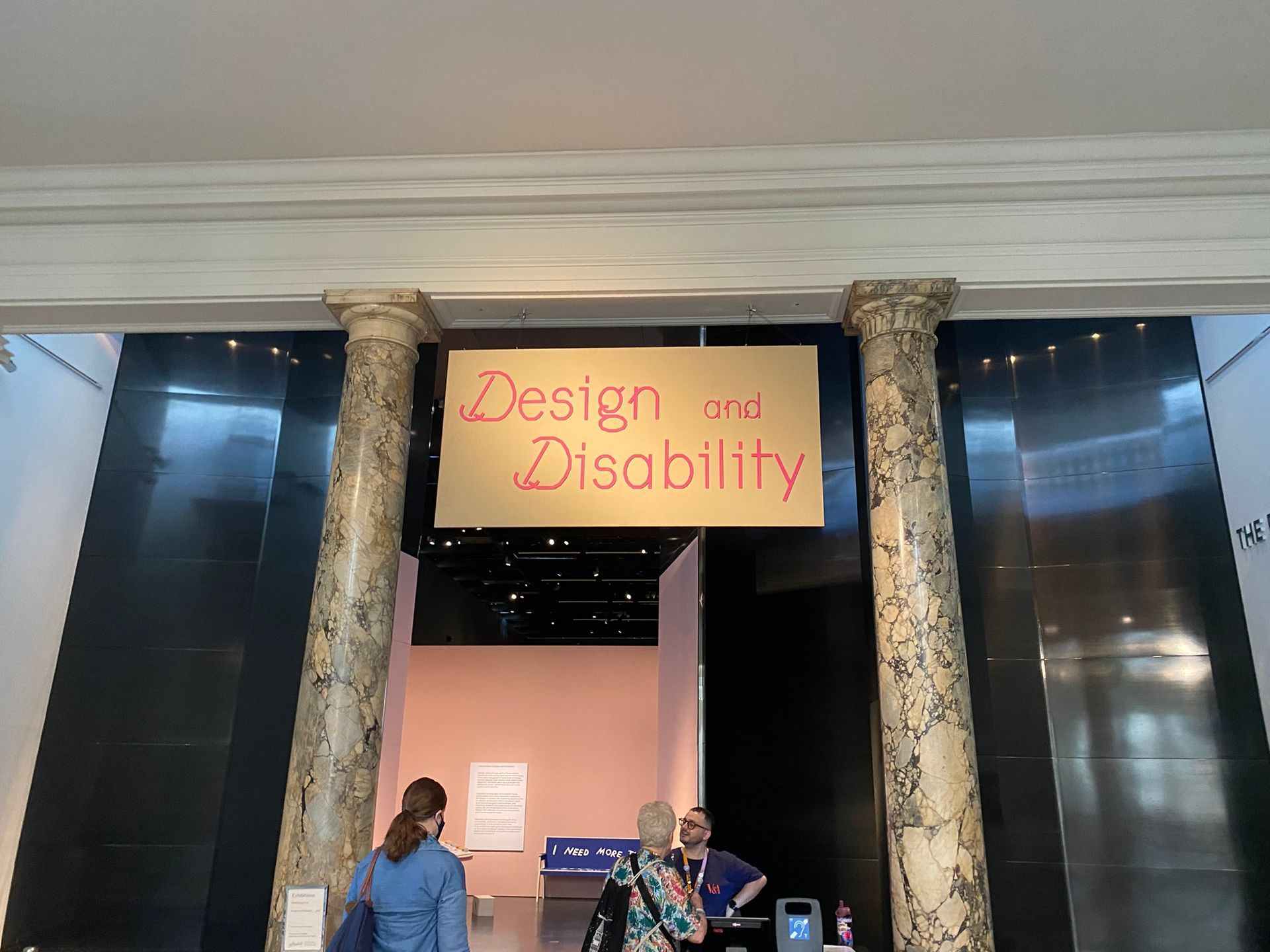Why it's OK to be a bit Broken
Years ago, I saw a therapist who sent me on my way with the conclusive final words: “you’re not broken”. I never saw her again and I definitely didn’t leave a positive testimonial. The message she was callously sending was that I didn’t qualify as having enough problems to merit going to see her.
Here’s the thing: we are all a little bit broken and that’s ok. In Neuro-Linguistic Programming, there’s something known as Parts Integration, a technique that aims to create alignment and harmony between internal conflicts.
I like to think of brokenness as a scale and be inclusive of all shades along that scale. At the shallower end could be experiences of little ‘t’ traumas and issues such as low self-confidence or poor self-worth. “Little t trauma” refers to the emotional distress and psychological impact of smaller, often recurring, negative events.
On the deeper end of the spectrum you have severe cases of trauma and issues such as PTSD or clinical depression.
The aim of therapy is not to get you to the polar opposite end of the spectrum.. 100% healed, but to move you up a few shades along the scale. That’s because our past experiences will always be with us and to an extent they have shaped who we are. Whilst past experiences do not define us, they influence our temperaments, our perspectives on life and relationships, how we interact with the world, and our core sense of self. Likewise there will always be triggers around us cropping up unexpectedly in our day to day, but how we choose to respond to these triggers is malleable and open to change over time.
Past hurts enable us to develop greater empathy and intuition, so depending on the trauma, it is not all negative. In severe cases, trauma can result in hypervigilance. But a positive to this, once moderated and brought under control, is negative experiences can allow us a greater awareness of the potential of things going wrong thus enabling us to act more cautiously and protect ourselves. In some scenarios, this can be a positive.
In Cognitive Hypnotherapy, when past traumas are revisited, the purpose of the visit is to reframe the experience in a way that allows our adult selves to give a more nuanced perspective of what the episode may or may not have meant. It’s about breaking the link between the negative event and our resulting beliefs about ourselves. The aim is not to detach ourselves from the event and certainly not to ‘forget’ it. Living in the present is great but inevitably we all sometimes have unpalatable memories crop up, either triggered or when we are feeling low.
I like to believe there is no such thing as an overreaction because an “overreaction” is simply a protective response to stimuli from the external environment reminding us of past negative events. If you were brought up made to think you are ‘stupid’ and ‘less than others’, then every time someone dismisses an idea of yours or speaks in a condescending tone it will activate a fight or flight response in the amygdala, the area of the brain responsible for storing and processing emotions. This overrides all logic and causes others to label us as ‘dramatic’, ‘sensitive’ or just ‘a dick’. But given the contextual aspects of the person’s problem and the history that helped shape their negative beliefs, the person is not “overreacting”, they are simply emotionally hijacked in the moment and acting out in self-protection mode.
In Cognitive Hypnotherapy we aim to get the client out of ‘fight or flight’ mode and into self-actualisation mode, a fully present, relaxed, confident state from which the client can start to flourish and truly enjoy life again.
If you think hypnotherapy might be the remedy you need, send me an email at charleygroveshypnotherapy@proton.me



